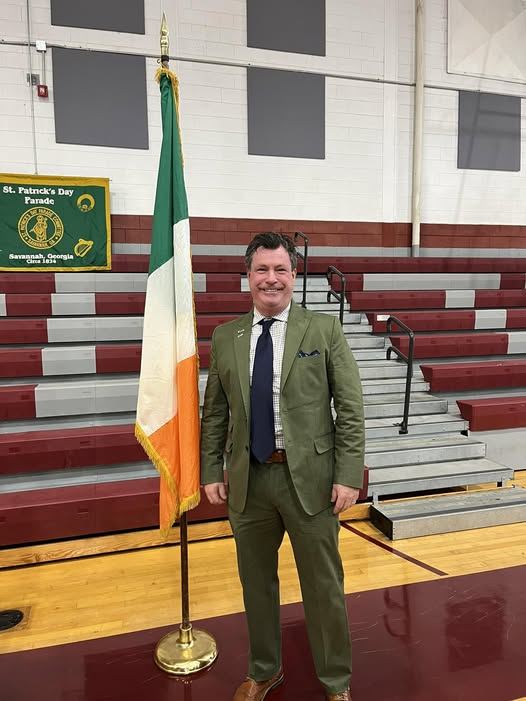
The Rules of Writing Thank You Cards after a Funeral

The Rules of Writing Thank You Notes after a Funeral
The etiquette of acknowledgement is truly a very personal and individual matter.
While it may be difficult to find the energy to write a thank you note after a funeral, doing so is an important way of acknowledging the love and kindness that friends and family members have shown you during this challenging period in your life. There is no set deadline when it comes to sending out thank you cards, though getting them out within two to three weeks after the funeral is ideal.
Even if it takes some time for you to feel ready to tackle the task of writing thank you notes, it is never too late to send them out. The notes do not need to be long; they simply need to express your gratitude and appreciation. In most cases a few sincere words are all that is necessary to convey that personal me-to-you feeling and to express your gratitude.
Types of written acknowledgements commonly used.
The first is a sympathy acknowledgement card with a standard verse appropriate for the situation. The second is a simple note card of your choosing. Blank on the inside, these informal cards allow you to write a special message for each recipient. One can also order more formal, custom, printed sympathy acknowledgement cards particular to the deceased and her/his family. Both types of cards can usually be found at the funeral home.
Who should receive a thank you card?
There is no need to send a formal thank you note to every single person who came to the funeral or sent you a card acknowledging the passing of your loved one. However, you should make it a point to formally acknowledge people who have done the following:
- Sent or brought flowers (if floral tributes are received from a specific group of people or specific group, you can send a card to each person mentioned in the group or send a card to the leader of the group making reference to the others in the group)
- Made a donation to a charity in honor of your loved one
- Sent personal letters of condolence
- Arranged for mass or spiritual bouquets
- Sent condolence cards (only if a personal note was included on the card)
- Provided tangible help like bringing food, watching children, or running errands
- Pallbearers and Honorary Pallbearers at the funeral
- Musicians who performed at the funeral
- Someone who did a reading at the service
- The clergy member who presided over the service
- Someone who went out of their way to share a memory or story about your loved one that was especially meaningful.

